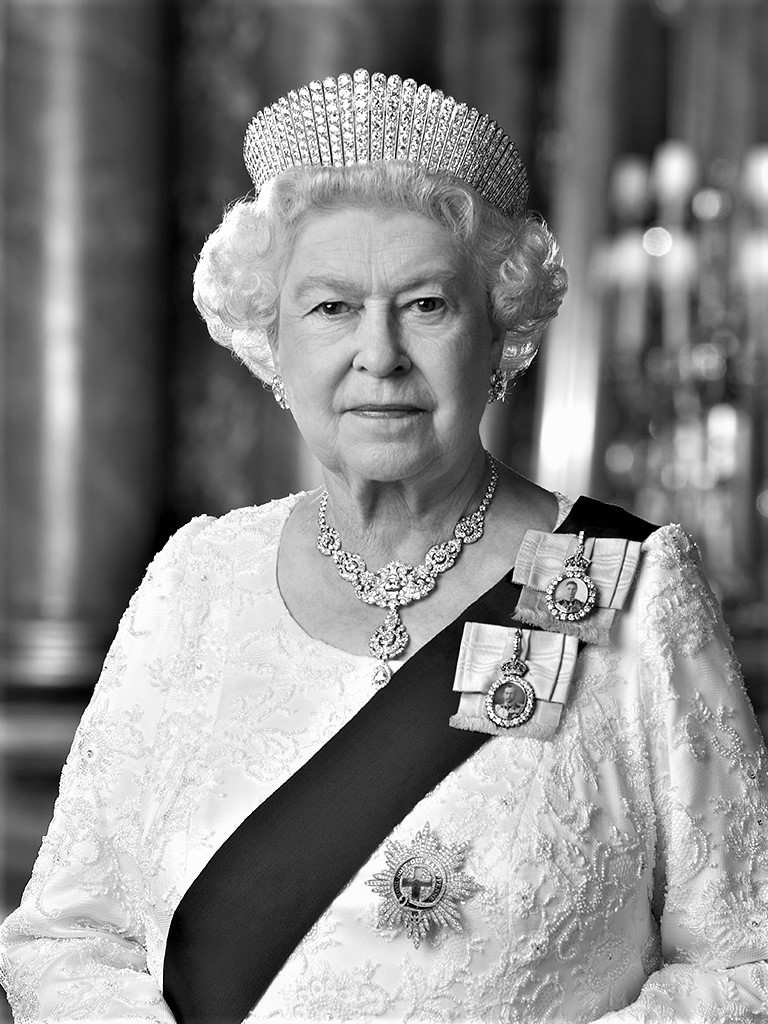Let's Go Potty
Learning how to use the potty independently and stopping wearing nappies is a big milestone for your child. There are lots of new and exciting skills for them to learn with your help. It begins with preparation to use the potty, moving on to practising potty skills before eventually stopping using nappies as your child gains confidence.
When should you start potty training?
We recommend starting early because babies are born ready to learn new things. Understanding how to use a potty is an important skill you can teach your child. Children learn best through practice and repetition, and you are their best teacher. Just like when helping them to walk and talk, you can start teaching them to use a potty before they stop using nappies. This can give them all the time and practice they need to succeed with being independent from nappies when the time comes.

What is the best age for potty training?
- Most children are ready to master potty independence process from around 18 months.
- Research shows it is better for your child’s bladder and bowel health to stop using nappies between 18 and 30 months. ?
- The majority of children will be capable of doing most things (wiping for example) by themselves when they start school.
- The longer you leave it, the harder it can be for your child to learn this new skill and accept not having a nappy on anymore.
What equipment is needed for potty training?
A portable potty
Some children may prefer to go straight to using the toilet. For best positioning and comfort use a children’s toilet seat and a step stool to help your child feel secure and relaxed. Having feet firmly on the floor or a stool is the ideal position for fully emptying the bladder and bowel.
Some children may prefer to go straight to using the toilet. For best positioning and comfort use a children’s toilet seat and a step stool to help your child feel secure and relaxed. Having feet firmly on the floor or a stool is the ideal position for fully emptying the bladder and bowel.
Signs your child may need a wee or poo
- They may tell you. ?
- They may fidget, go quiet or hide. ?
- They may crouch down and start to strain (for a poo).
If you see any of these signs or you know your child needs to do a wee or poo, gently direct them to use the potty. This will increase their chance of success whilst they are still learning how to respond to their body’s wee and poo signals. Doing this helps your child to understand what is expected of them.
Nap times
Once your child has stopped using nappies in the daytime, it’s best to stop using them at nap time as well. Teaching your child to sleep without a nappy on at naptime and use the potty when they wake up, will help prepare them for being dry at night.
Common potty training challenges
Some children take to using a potty quickly, others take more time. Remember, this is a new skill for your child and having accidents is part of the learning process.
Potty training regression, fear of pooing and toilet refusal are just some of the challenges your child may face when they potty train. If your child gets very upset without a nappy on and starts to avoid doing a wee or poo (withholding), it could be a sign that your child is constipated. It’s important to make sure any underlying constipation is diagnosed and treated before you stop using nappies. This will make the potty training process much easier for them.
Please contact your health professional for further advice or support.
Potty training regression, fear of pooing and toilet refusal are just some of the challenges your child may face when they potty train. If your child gets very upset without a nappy on and starts to avoid doing a wee or poo (withholding), it could be a sign that your child is constipated. It’s important to make sure any underlying constipation is diagnosed and treated before you stop using nappies. This will make the potty training process much easier for them.
Please contact your health professional for further advice or support.

